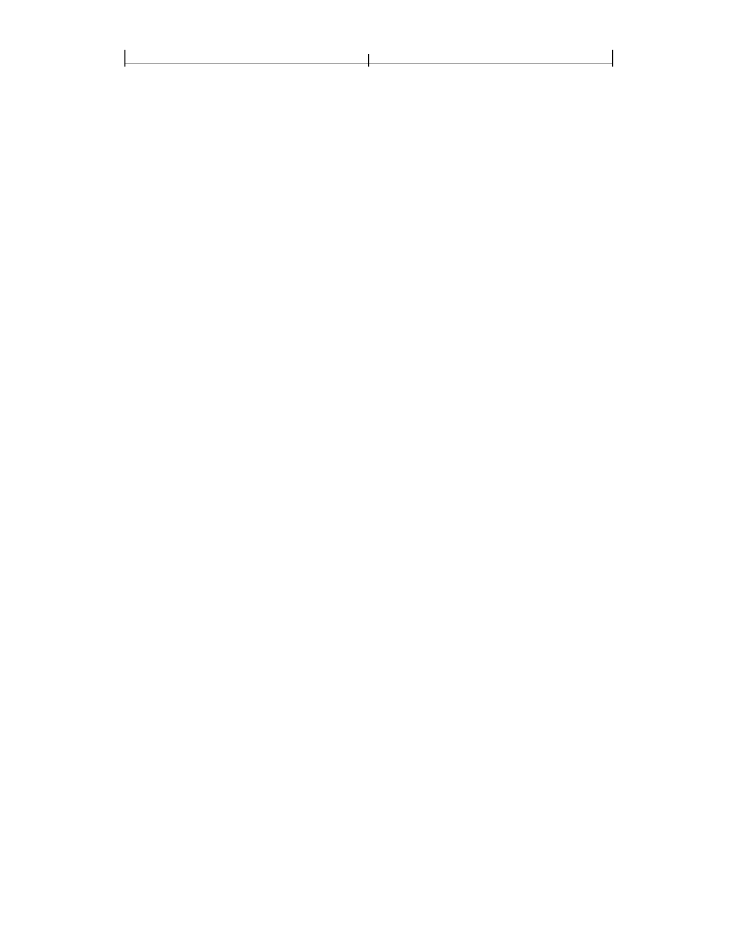
SECTION 4.6
313
Patterns
Note the following points:
•
If one of the starting and ending circles entirely contains the other, the shading
depicts a sphere, as in Plates 12 and 13. In Plate 12, the inner circle has zero ra-
dius; it is the starting circle in the figure on the left and the ending circle in the
figure on the right. Neither shading is extended at either the smaller or larger
end. In Plate 13, the inner circle in both figures has a nonzero radius and the
shading is extended at the larger end. In each plate, a background color is spec-
ified for the figure on the right but not for the figure on the left.
•
If neither circle contains the other, the shading depicts a cone. If the starting
circle is larger, the cone appears to point out of the page. If the ending circle is
larger, the cone appears to point into the page (see Plate 11).
with the same radial shading (object number 5). The color function (object 10) is
a stitching function (described in Section 3.9.3, “Type 3 (Stitching) Functions”)
whose two subfunctions (objects 11 and 12) are both exponential interpolation
functions (see Section 3.9.2, “Type 2 (Exponential Interpolation) Functions”).
Each leaf is drawn as a path and then filled with the shading, using code such as
that shown in Example 4.26 (where the name
Sh1
is associated with object 5 by
the
Shading
subdictionary of the current resource dictionary; see Section 3.7.2,
Example 4.25
5 0 obj
<< /ShadingType 3
/ColorSpace /DeviceCMYK
/Coords [ 0.0 0.0 0.096 0.0 0.0 1.0 00]
/Function 10 0 R
/Extend [ true true ]
>>
endobj
10 0 obj
<< /FunctionType 3
/Domain [ 0.0 1.0 ]
/Functions [ 11 0 R 12 0 R ]
/Bounds [ 0.708 ]
/Encode [ 1.0 0.0 0.0 1.0 ]
>>
endobj
% Shading dictionary
% Concentric circles
% Color function